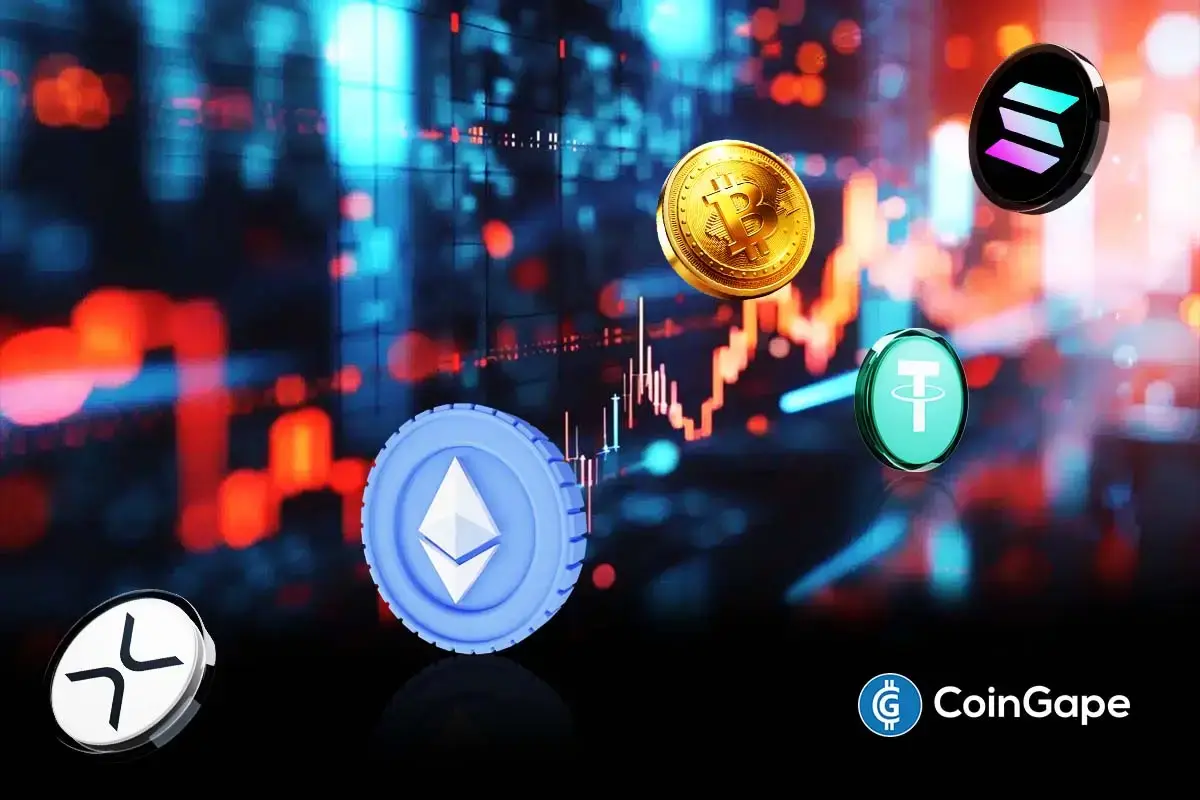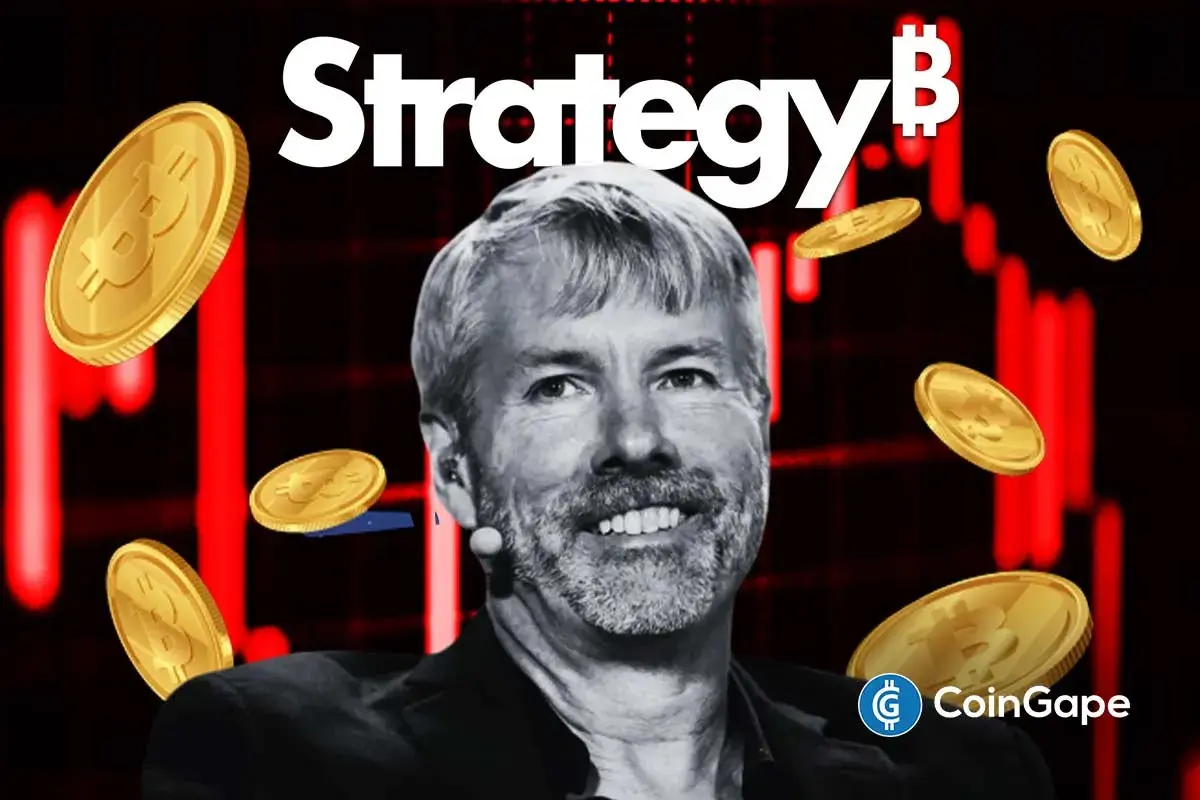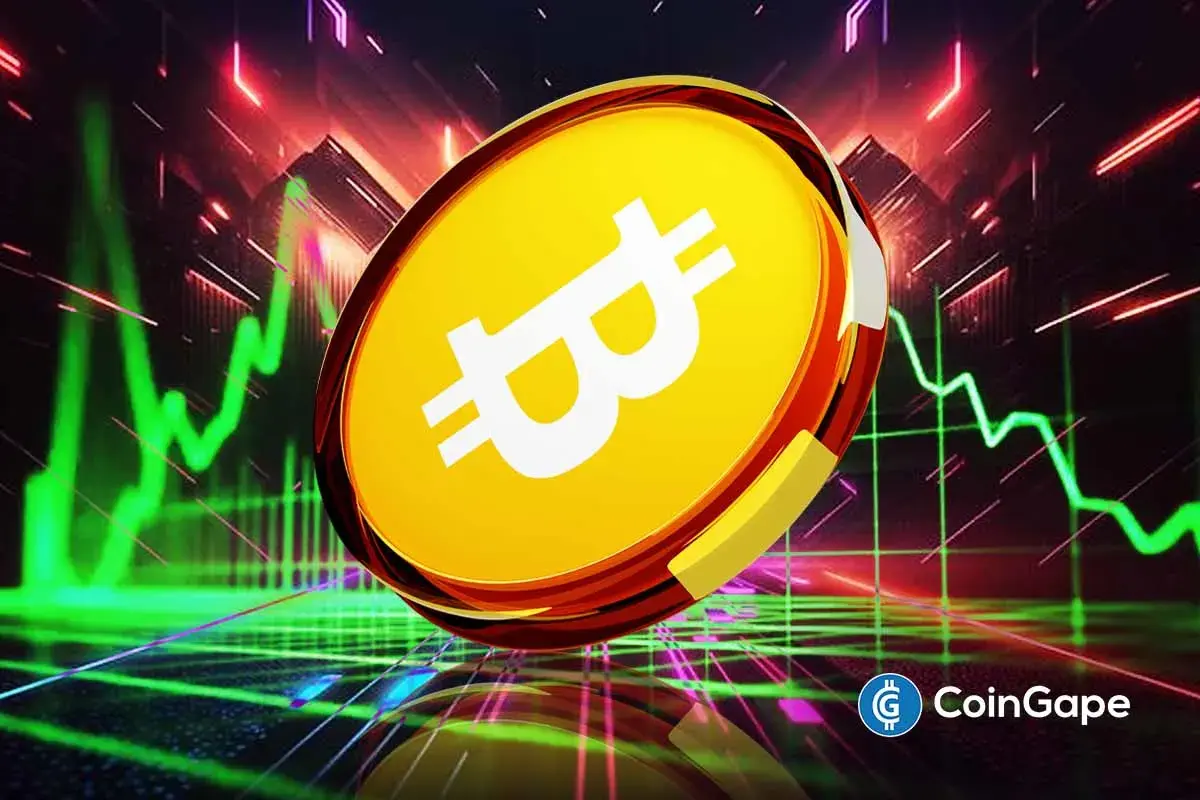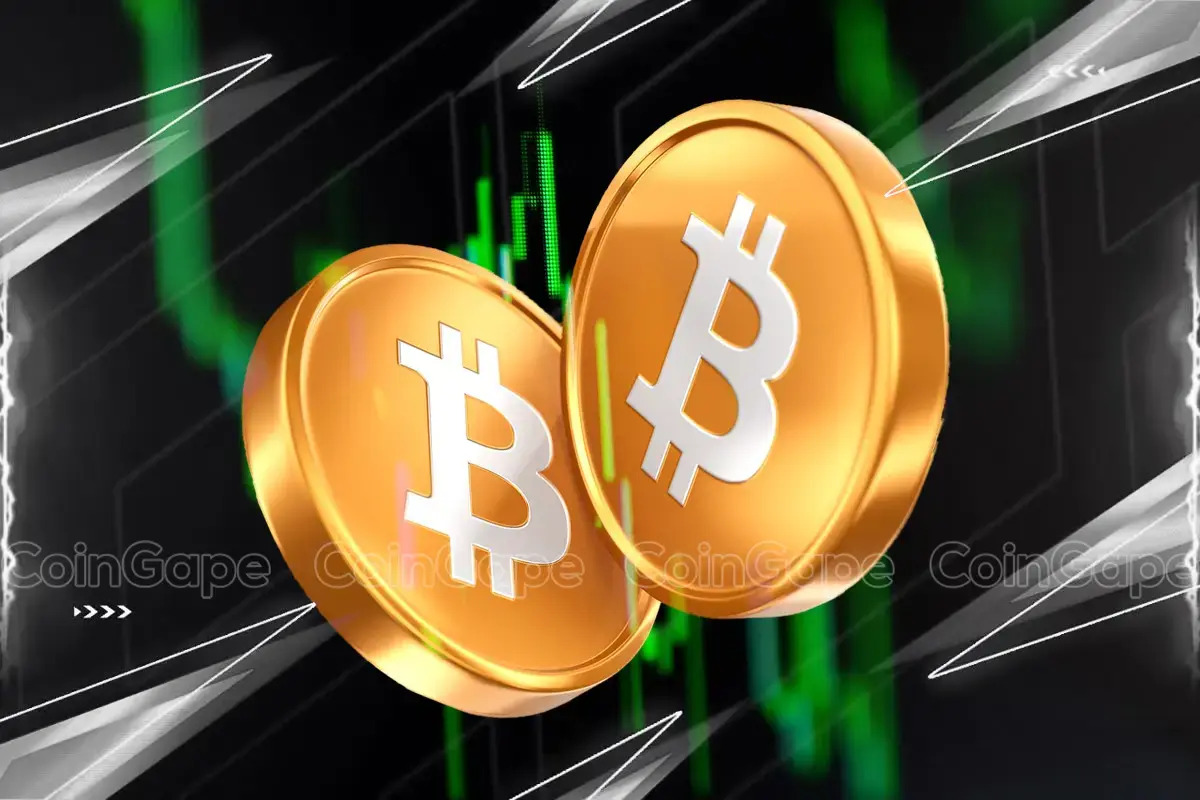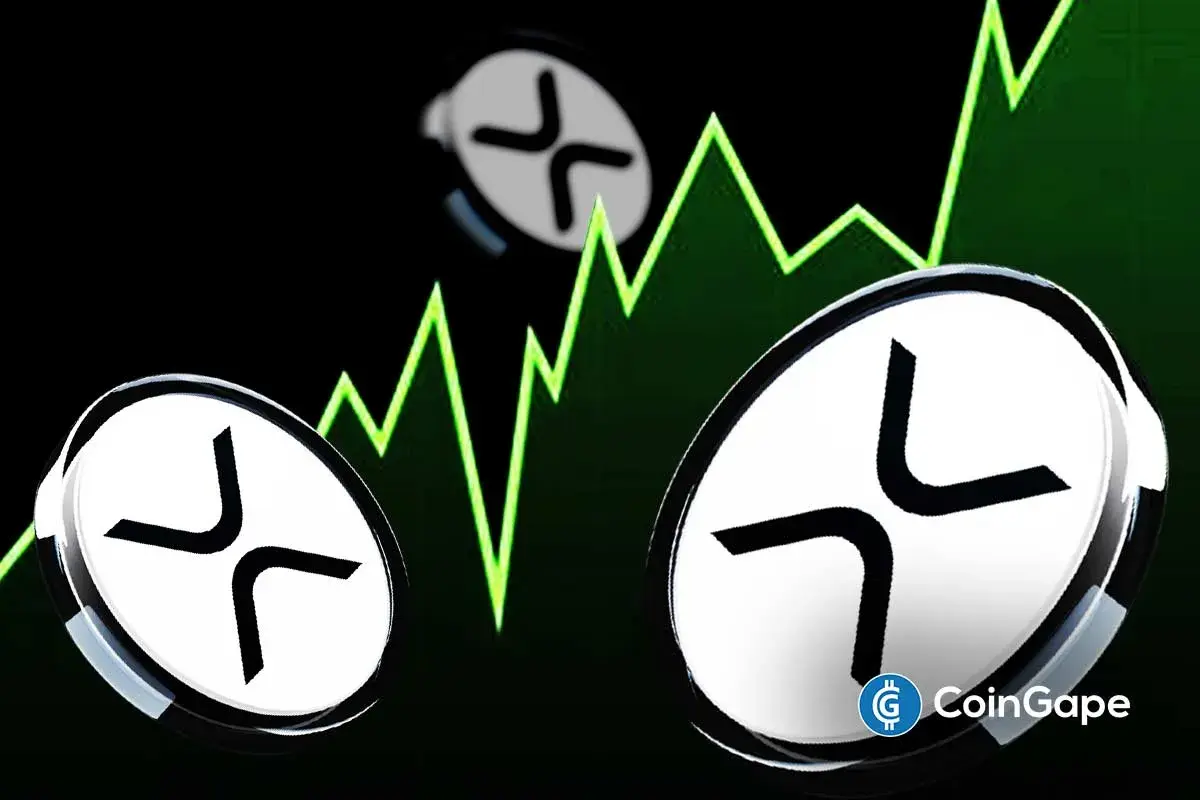Seoul Court Sides With Wemade in $7M WEMIX Token Dispute

Highlights
- The Seoul Central District Court has ruled in favor of Wemade, ordering the return of $7.31 million in WEMIX tokens from GDAC.
- The ruling raises questions about GDAC's reserve practices and its handling of a hacker attack in April 2022.
- Parallel legal proceedings are ongoing against Terra co-founder Daniel Shin, with the court granting more time for his defense preparation.
In South Korea, the Seoul Central District Court has ruled in favor of Wemade CEO Park Kwan-ho in a high-stakes dispute over WEMIX tokens. The court’s order, requiring the defunct virtual asset exchange GDAC to return tokens worth over $7 million, sheds light on critical issues surrounding exchange operations, regulatory compliance, and investor protection in the volatile world of digital assets.
WEMIX Token Dispute Court Ruling
In a significant legal development for the cryptocurrency industry, the Seoul Central District Court has ordered the now-closed virtual asset exchange GDAC to return 7.8 million WEMIX tokens, valued at approximately $7.31 million, to Wemade CEO Park Kwan-ho.
The court’s decision, which supports Park’s application for a temporary injunction filed on July 29, requires them to comply within 30 days or face a daily fine of 3 million won after the deadline.
The ruling dismisses GDAC’s allegations against Park of market manipulation and money laundering. Instead, it raises questions about their ability to maintain a 100% reserve ratio, contradicting the exchange’s previous statements.
The court also hinted at potential issues stemming from a hacker attack they suffered in April 2022, resulting in losses of about 20 billion won ($14.48 million). This incident may have compromised their ability to fully recover and maintain adequate reserves.
GDAC ceased operations on July 16, just days before the implementation of the ‘Virtual Asset User Protection Act’. This closure left Park unable to withdraw his remaining WEMIX tokens, which are currently valued at about 10.1 billion won.
The case has brought attention to the practices of crypto exchanges during closures or delistings. Typically, exchanges allow full withdrawals in such scenarios. GDAC’s implementation of withdrawal limits raised suspicions about whether it actually held all of its customers’ WEMIX tokens.
This ruling could have broader implications for the cryptocurrency industry in South Korea, particularly regarding exchange practices and regulatory compliance. It underscores the importance of maintaining proper reserve ratios and transparent operations in the rapidly evolving digital asset landscape.
Also Read: Franklin Templeton Eyes Solana as Next Crypto ETF Offering
Parallel Legal Proceedings Involving Terra Co-founder
In a related development, the legal proceedings against Terra co-founder Daniel Shin are also unfolding. During the first hearing at Seoul Southern District Court, Shin’s lawyers requested more time to prepare for his criminal defense.
Shin, who didn’t personally attend the hearing, has assembled a team of 30 lawyers for his defense, including former judges, prosecutors, and lawyers experienced in digital assets-related and capital markets law cases.
The court has granted this request, setting August 28 as the date for a second hearing. This decision has disappointed prosecutors, who are concerned about continuous delays. The judge stated that they will review the opinions of the lawyers and reconsider the trial preparation date to decide on the opportunity for defense and the order of interrogation.
Also Read: Mt. Gox Moves 45,511 Bitcoins To Repay Creditors, Another BTC Selloff Ahead?
- Bitcoin vs Gold Feb 2026: Which Asset Could Spike Next?
- Top 3 Reasons Why Crypto Market is Down Today (Feb. 22)
- Michael Saylor Hints at Another Strategy BTC Buy as Bitcoin Drops Below $68K
- Expert Says Bitcoin Now in ‘Stage 4’ Bear Market Phase, Warns BTC May Hit 35K to 45K Zone
- Bitcoin Price Today As Bulls Defend $65K–$66K Zone Amid Geopolitics and Tariffs Tensions
- COIN Stock Price Prediction: Will Coinbase Crash or Rally in Feb 2026?
- Shiba Inu Price Feb 2026: Will SHIB Rise Soon?
- Pi Network Price Prediction: How High Can Pi Coin Go?
- Dogecoin Price Prediction Feb 2026: Will DOGE Break $0.20 This month?
- XRP Price Prediction As SBI Introduces Tokenized Bonds With Crypto Rewards
- Ethereum Price Rises After SCOTUS Ruling: Here’s Why a Drop to $1,500 is Possible








